The Wonderful World of Zero-Waste
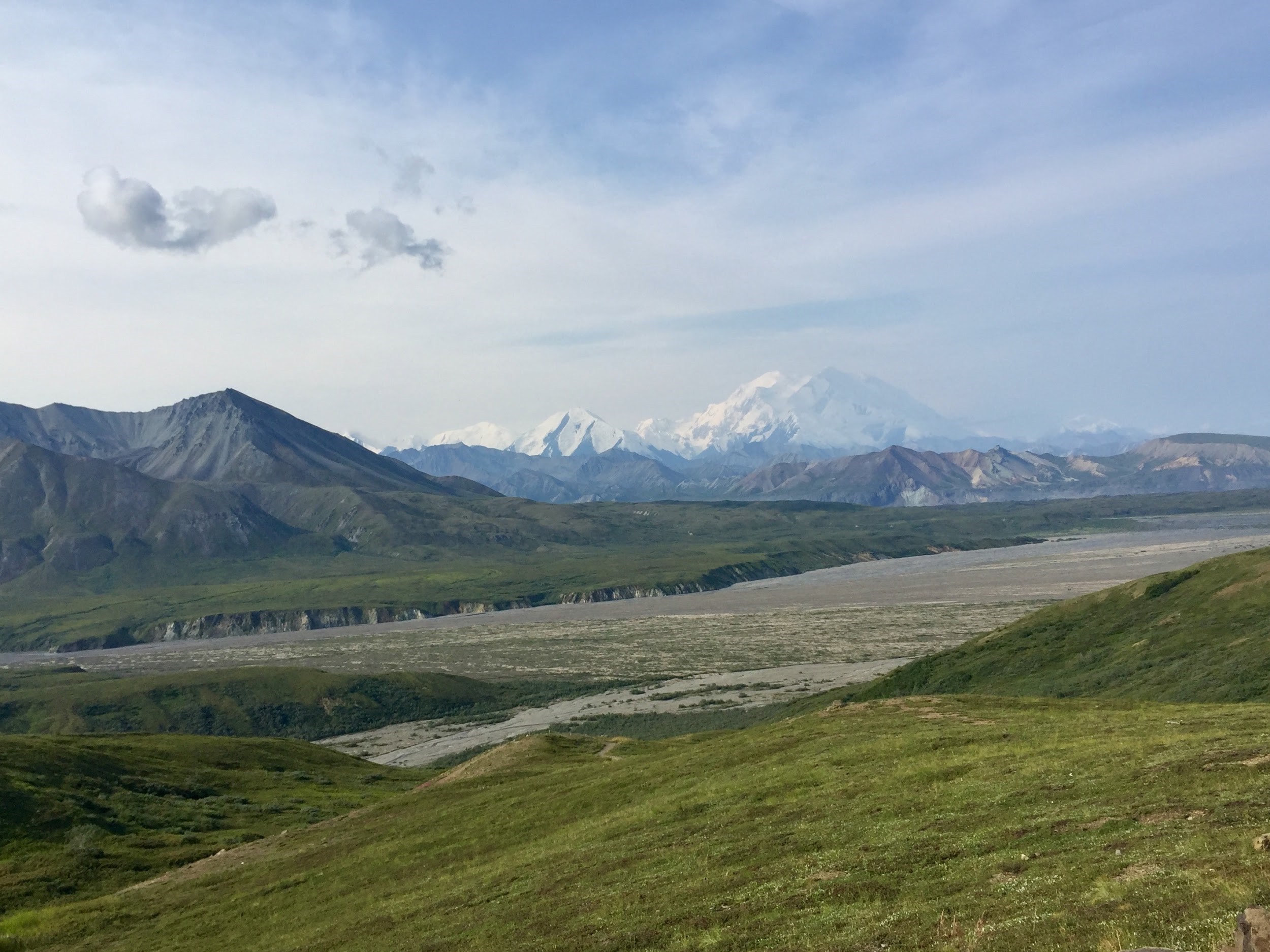
In April, I left my Program Development Internship at Profugo to embark 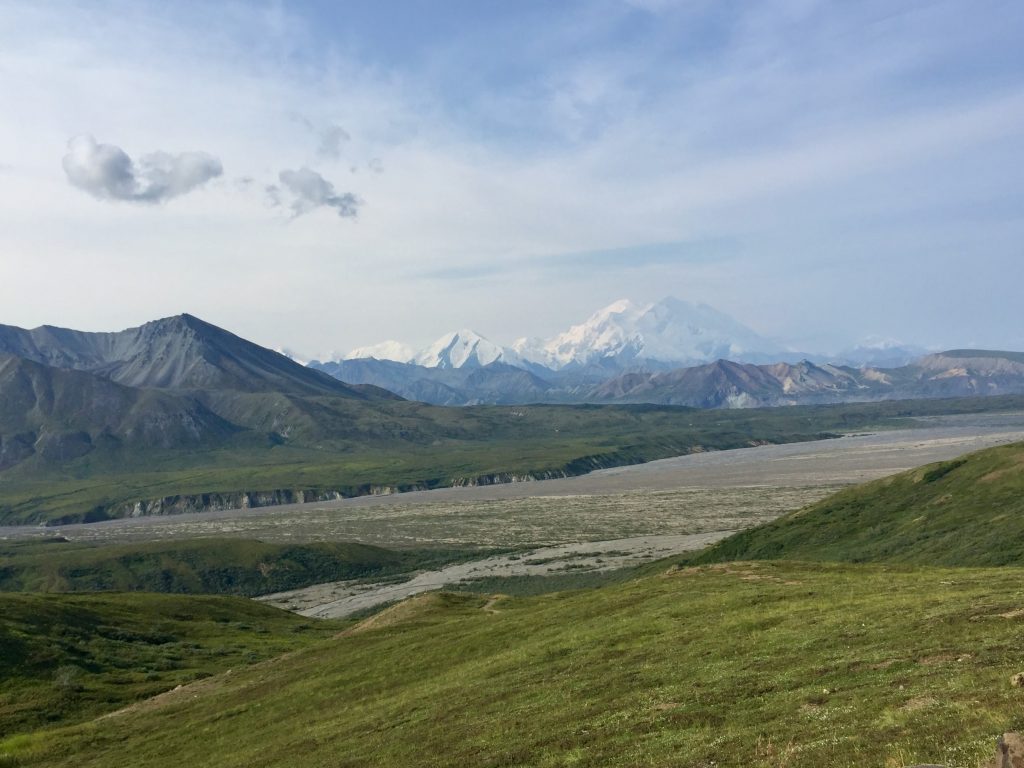 on a wild, wonderful, and transformative summer journey: working in Alaska’s Denali National Park and Preserve. Denali is a rugged land, and without a doubt the truest wild I’ve ever experienced. The park consists of six million acres of rolling tundra, craggly peaks, and nameless rivers. It is home to moose, caribou, foxes, lynx, arctic ground squirrels, grizzly bears, and dall sheep. Denali National Park is singular in its commitment to keeping the park pristine and untouched by human development.
on a wild, wonderful, and transformative summer journey: working in Alaska’s Denali National Park and Preserve. Denali is a rugged land, and without a doubt the truest wild I’ve ever experienced. The park consists of six million acres of rolling tundra, craggly peaks, and nameless rivers. It is home to moose, caribou, foxes, lynx, arctic ground squirrels, grizzly bears, and dall sheep. Denali National Park is singular in its commitment to keeping the park pristine and untouched by human development.
In 2016, Denali National Park and Preserve partnered with Subaru to become a “pilot park” in the automaker’s zero-landfill initiative. As part of this program, the park receives an annual $150,000 in grant funding (as well as extensive training on zero-waste strategies) (Andrews, 2018). The park’s diversion rate (defined as the amount of waste recycled and thus “diverted” from landfills) jumped from 15% in 2015 to 22% in 2017. In actual units of waste, that’s a reduction of 148 tons over two years (Andrews, 2018). Because of Denali’s remoteness, landfill diversion is especially important. Most waste destined for the landfill is sent to Matanuska-Susitna, over 2 hours away. Let us therefore add truck emissions to the growing list of landfill-related evils. The park achieved these milestones by installing over 30 new recycling stations, fitting employee housing with in-vessel composting units called Earth Cubes, and implementing compostable paper towels and cutlery in partnership its concessionaire, Doyon-Aramark (hey, that’s the company I worked for!).
During my time in Denali, I experienced the top-to-bottom buy-in across all stakeholders of the park. Whenever I’d take the camper bus to visit the backcountry, the bus driver would remind all passengers to take their waste out of the park rather than disposing of it along the park road. Each busload of park visitors was subject to a stern lecture by a park ranger at the 15 mile marker, in which the ranger would explain the zero-landfill initiative and ask visitors to do their part. The rangers usually wrapped up their scripted greeting with a call to action: “remember: this is your park.”
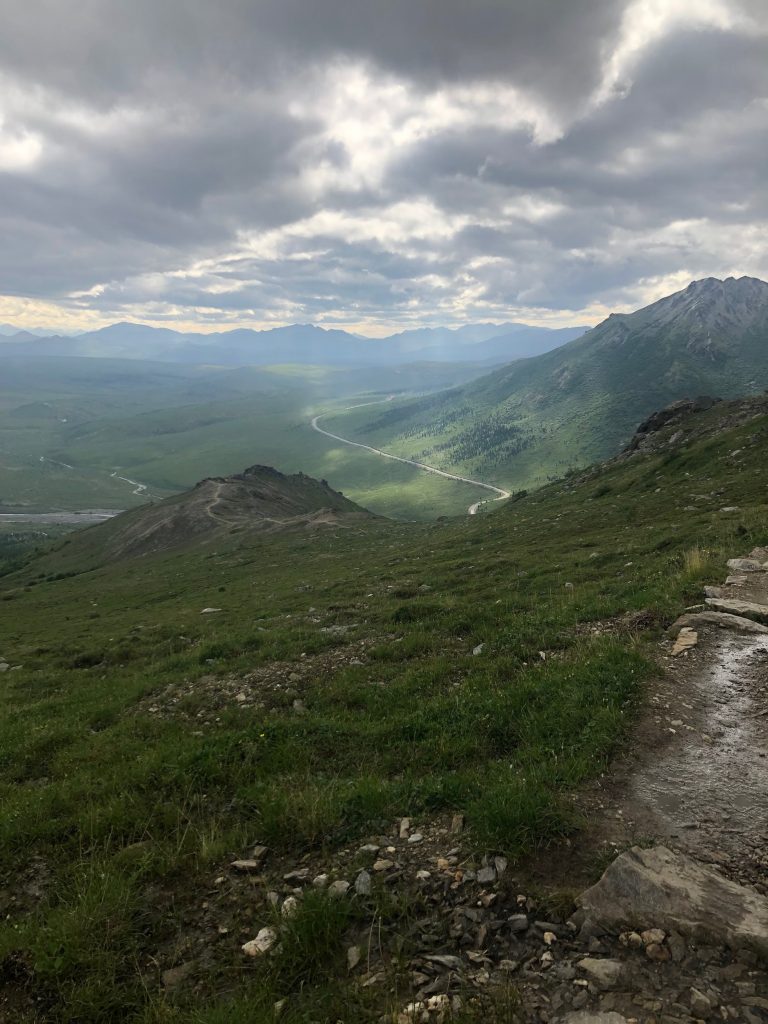 Zero-waste strategies can be implemented in a myriad situations, from offices to special events. The most important tool in the zero-waste movement is education. The Post-Landfill Action Network (PLAN), a zero-waste consulting group, suggests training expert volunteers (so-called disciples of sustainability) to help educate others (Stanley, 2017). For example, many zero-waste events have stationed volunteers at recycling stations to assist attendees in correctly sorting their waste. Zero-waste offices have designated a recycling point person who can train their colleagues in correct recycling practices. Education is so important because at its heart, recycling is a delicate process. One single greasy pizza box, if sorted together with other cardboard, can contaminate the whole batch of recycling. Contamination occurs when one or more items sorted into recycling have food waste, or are classified incorrectly. At industrial-scale recycling plants, a single contaminated item can get tons and tons of otherwise correctly sorted recycling sent to the landfill (Stanley, 2017).
Zero-waste strategies can be implemented in a myriad situations, from offices to special events. The most important tool in the zero-waste movement is education. The Post-Landfill Action Network (PLAN), a zero-waste consulting group, suggests training expert volunteers (so-called disciples of sustainability) to help educate others (Stanley, 2017). For example, many zero-waste events have stationed volunteers at recycling stations to assist attendees in correctly sorting their waste. Zero-waste offices have designated a recycling point person who can train their colleagues in correct recycling practices. Education is so important because at its heart, recycling is a delicate process. One single greasy pizza box, if sorted together with other cardboard, can contaminate the whole batch of recycling. Contamination occurs when one or more items sorted into recycling have food waste, or are classified incorrectly. At industrial-scale recycling plants, a single contaminated item can get tons and tons of otherwise correctly sorted recycling sent to the landfill (Stanley, 2017).
Learning about the zero-waste movement and seeing it implemented in Denali was a truly inspiring experience for me. Since returning to school in Philadelphia, I’ve begun to adopt zero-waste practices in my daily life. It’s a way for me to take steps toward living a sustainable life, one day at a time. I hope that you, dear friend of Profugo, are inspired, too! Zero-waste is something that you can implement on a small scale, even at the individual level. We can all take measures such as rinsing out a glass jar before tossing it or taking a moment to Google whether your plastic soda bottle should be recycled. Let us remember, each time we toss something into the trash can without a second thought: this is our Earth.
References
Andrews, L. (2018, Jul 8,). Denali national park tackles trash with zero-landfill initiative. Anchorage Daily News Retrieved from https://www.adn.com/alaska-news/environment/2018/07/08/denali-national-park-tackles-trash-with-zero-landfill-initiative/
Stanley, S. (2017, Zero-waste events: Making a big splash with a small footprint.52, 32+. Retrieved from https://link-gale-com.libproxy.temple.edu/apps/doc/A522759566/AONE?u=temple_main&sid=AONE&xid=4aa2afb5
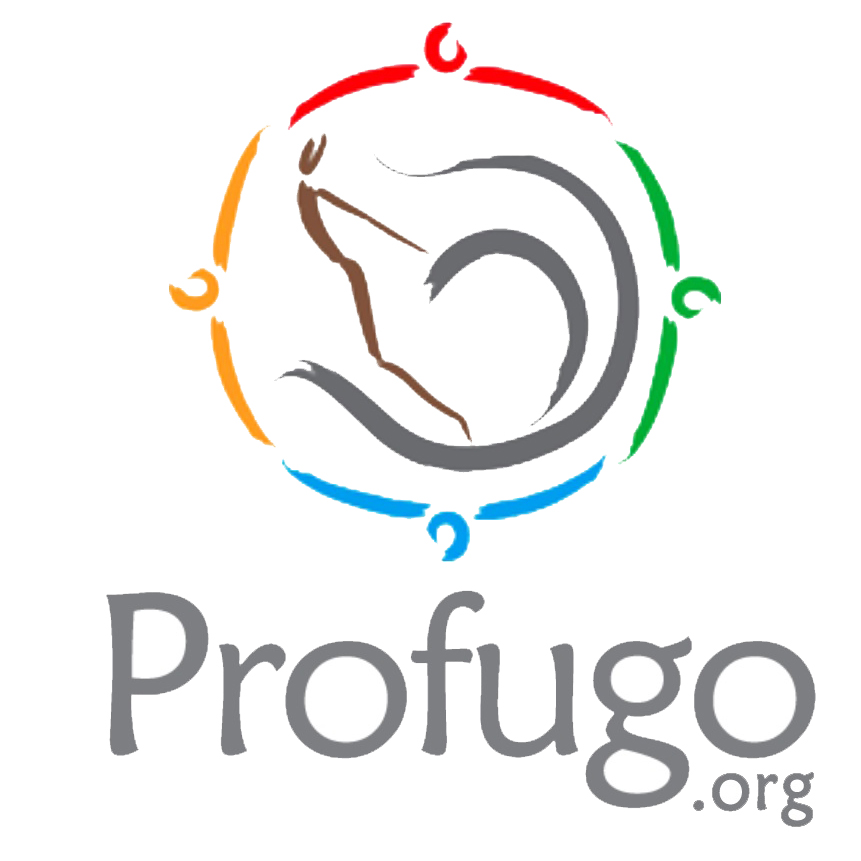
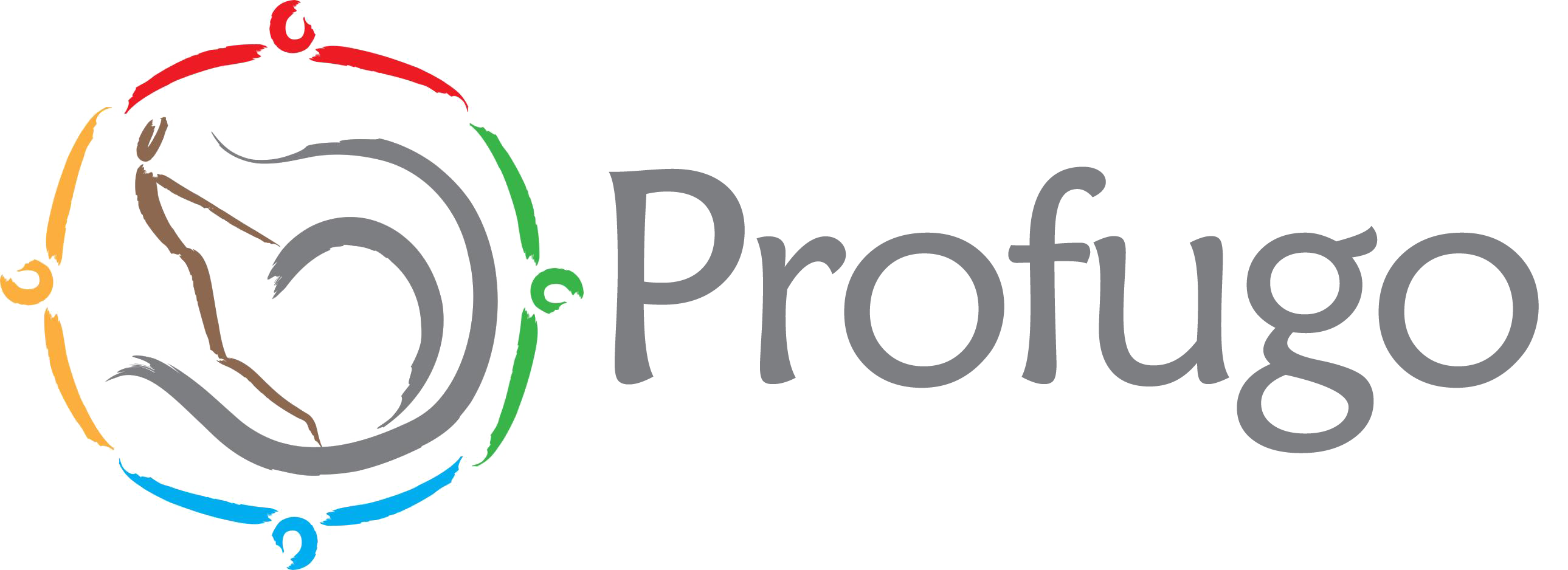

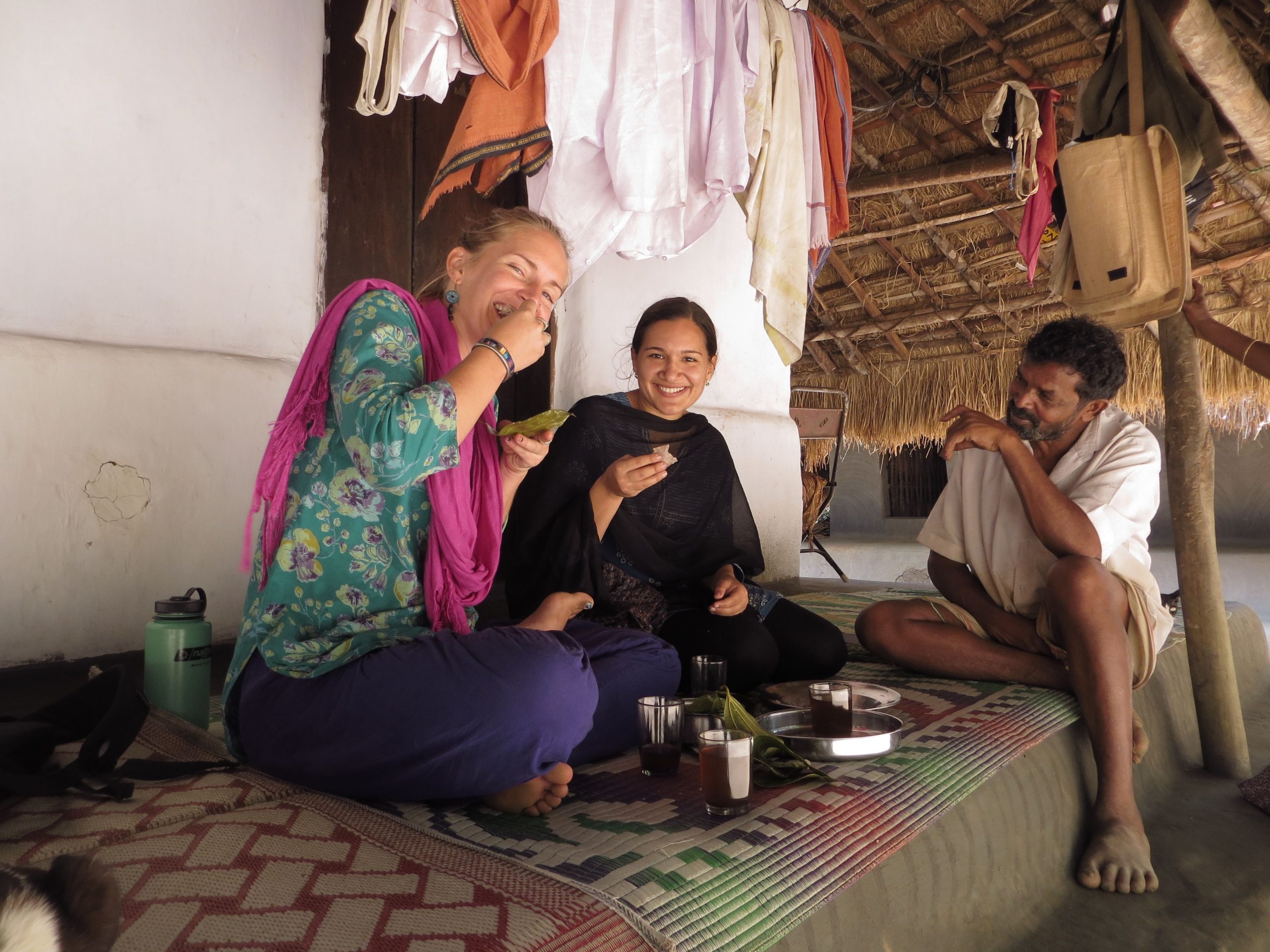
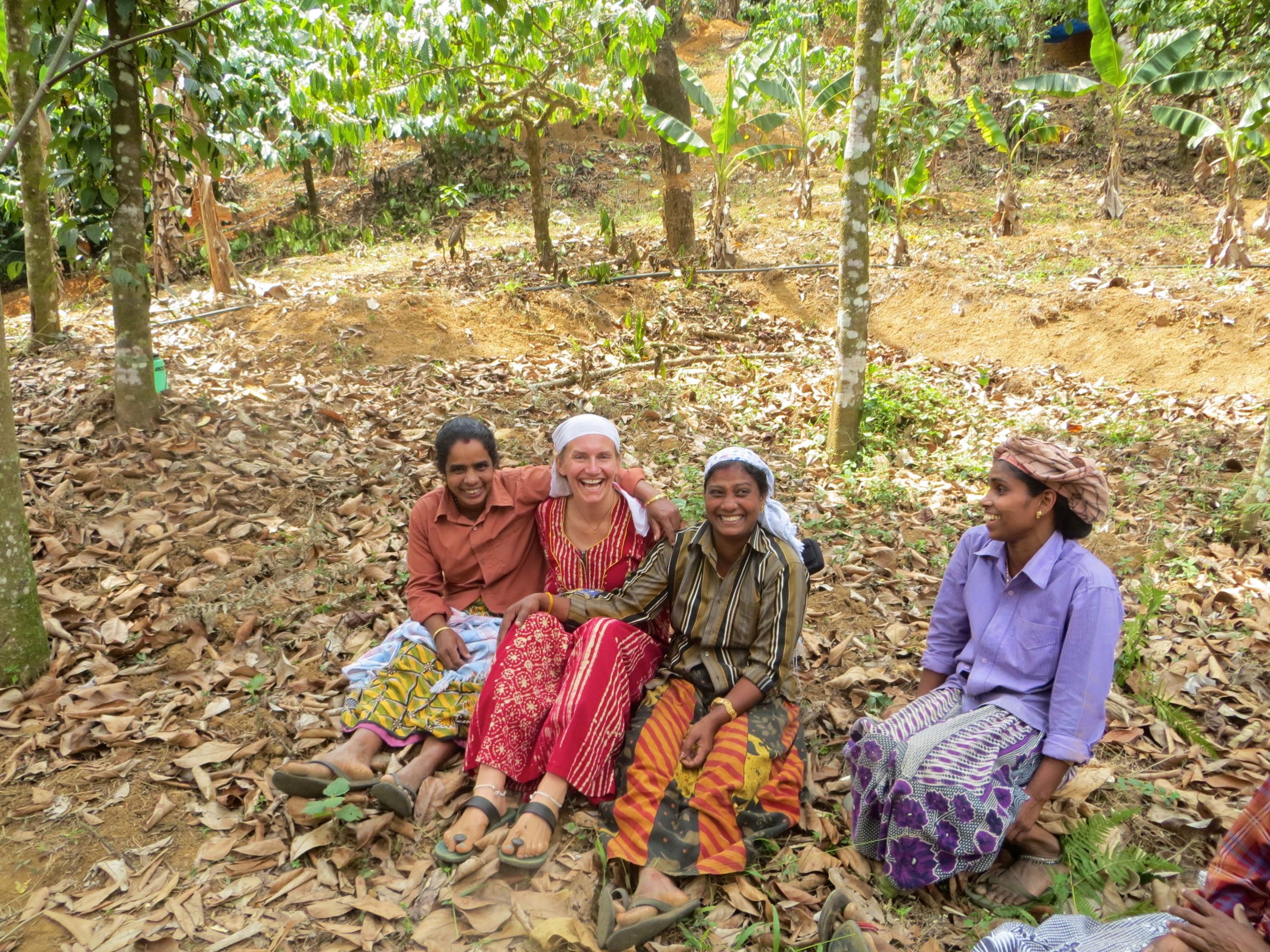
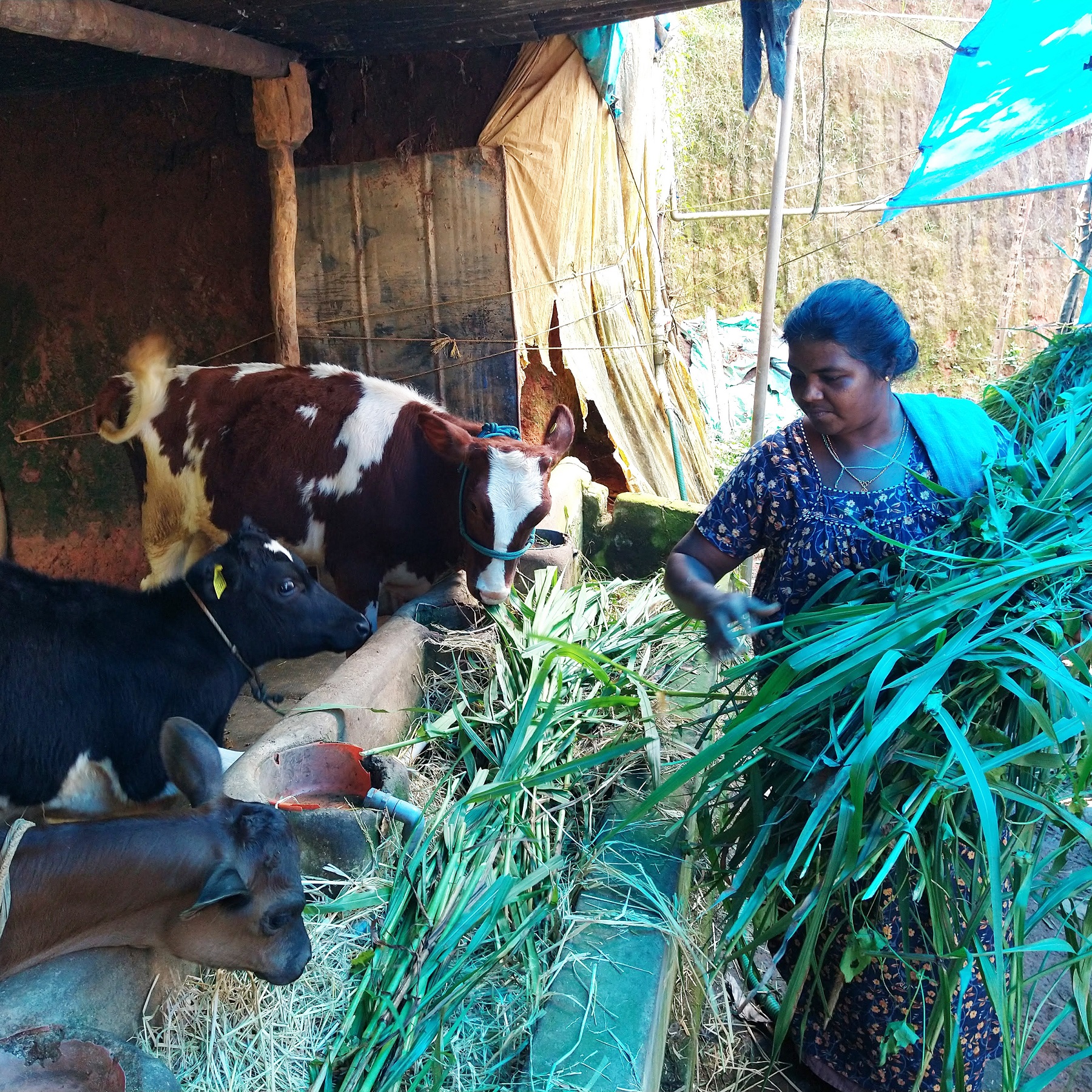
Leave a Reply
You must be logged in to post a comment.